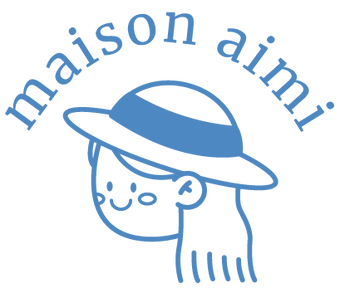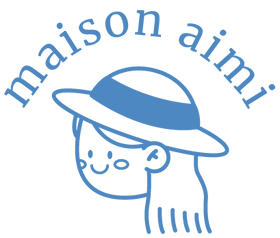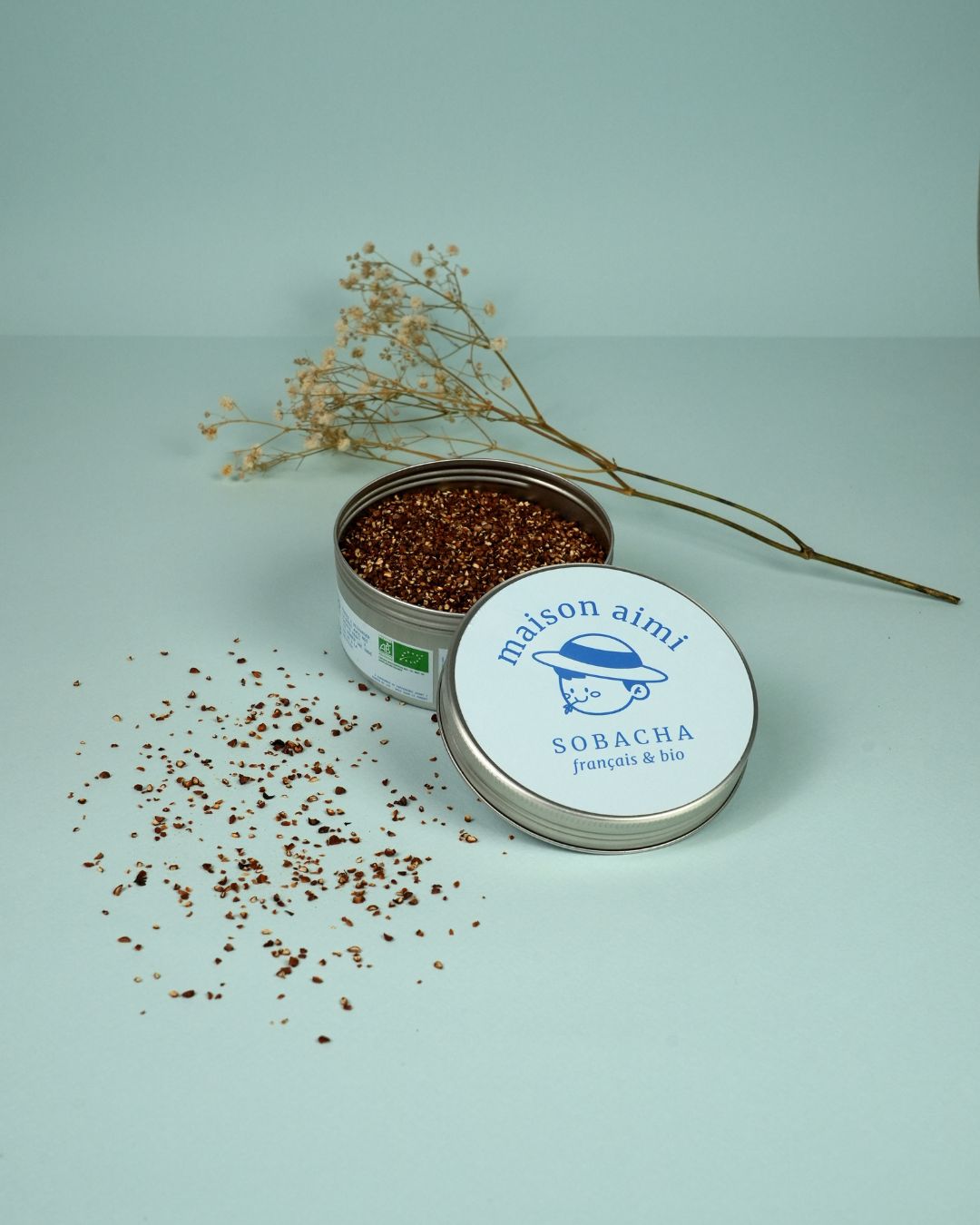Coffee Addiction: How to Get Rid of It?

More than a pleasure, coffee has become an obligation. Every morning (and more, if you like), the caffeine boost allows you to feel more awake and get to work. You feel like you can't do anything until you've had your coffee and you feel like you have physical symptoms of "withdrawal" when you haven't had coffee for a long time. Can you be addicted to coffee? What are the symptoms of caffeine withdrawal and what are the risks of coffee addiction? And most importantly, how can you manage this addiction? Specializing in the development of caffeine-free drinks from Japan, Maison Aimi answers your questions. In this article, we talk about coffee addiction and the solutions to get rid of it.
Summary
Can you really become addicted to coffee?
Coffee Addiction: Symptoms
Coffee Addiction and Health: The Risks
> What is excessive coffee consumption?
> Side effects and risks of coffee
How to manage a coffee addiction?
> There is no need to stop drinking coffee
> It is not necessary to consult an addiction specialist
> Take stock of your coffee and caffeine consumption
> Find alternatives
> Be patient
✨ Coffee Addiction: What You Need to Know
Coffee addiction is more psychological than physical. Indeed, quitting coffee can cause unpleasant withdrawal effects (headaches, fatigue, malaise) but they remain mild. In addition, coffee addiction is much more related to the importance of coffee in our lives than to the toxicity and addictiveness of caffeine.
However, the feeling of coffee addiction can be uncomfortable and lead to overconsumption that can be dangerous. The cardiac risks of caffeine poisoning are real. That's why it can be interesting to manage your coffee addiction and reduce your consumption. Finding alternatives to coffee and caffeinated drinks, such as cereal teas, is a good solution.
Can you really become addicted to coffee?
Yes and no.
Yes, it is possible to develop a coffee addiction in the sense that an addiction includes, according to the DSM IV which is the reference document for addiction specialists: “increased tolerance {to the substance}, compulsive consumption, loss of control and continued use despite physical and psychological problems caused or exacerbated by the substance”. It is therefore entirely possible that you recognize yourself in this description in your coffee consumption.
However, this coffee addiction remains psychological and social rather than physical. Indeed, caffeine is not a substance that causes strong addiction or significant withdrawal effects when stopping. This is why addictologists will not consider it in the same way as addiction to alcohol, tobacco or cannabis, for example.
In other words, yes, you may feel addicted to your morning coffee, yes you may feel some minor physical discomfort when you stop drinking it, but no, your entire system should not be destabilized if you slow down or even stop your caffeine consumption completely. It is also very possible that outside of work you will slow down the coffee on weekends and during your vacations… So this is rather good news: you will be able to manage your coffee addiction!
Coffee Addiction: Symptoms
Can you consider yourself addicted to coffee? There is only one way to find out: stop drinking coffee for a few days and listen to your body. When you stop drinking coffee abruptly, 10-20% of consumers experience, in the first few days:
- Headache: Since caffeine has a vasodilatory effect, it is not illogical to experience a headache if you reduce your caffeine intake;
- Fatigue, feeling of weakness: Coffee provides the body with a large amount of caffeine that is almost instantly ingested by the body. The absence of this feeling of boost can lead to a feeling of continuous weakness, especially in the first few days;
- Vasovagal discomfort (less common effect): in some people who are particularly sensitive, tired or have a tendency to have vagal discomfort, caffeine withdrawal can manifest itself in the form of vagal discomfort;
- Bad mood: If you're not a morning person, you may feel bad/unawakened/not in a good mood until you've had your first (second, third) morning coffee;
- Desire to buy some / difficulty thinking about something else: coffee can be likened to a drug because a coffee addict who has not had his coffee can become obsessed with the idea of having one. In 2012, the Strategy One institute surveyed 1,000 French people about their caffeine consumption: 40% of them spoke of an irrepressible need to get a dose of caffeine and of the fact that they were ready to sacrifice a lot to get it.
While suddenly stopping coffee and caffeine more broadly can create discomfort, it is an exaggeration to compare coffee to a hard drug. Withdrawal symptoms remain reduced and studies have shown that they are largely linked to can easily be counteracted by placebos.
So, are you addicted to coffee?
Coffee Addiction and Health: The Risks
As we mentioned earlier, it is an exaggeration to talk about coffee addiction. However, a feeling of coffee addiction will often lead to overconsumption of coffee and the latter can be risky.
What is excessive coffee consumption?
The European Food Safety Authority (EFSA) recommends not to exceed 400 mg of caffeine per day for a healthy adult . This dosage should not exceed 200 mg for pregnant or breastfeeding women and for people who want to have children.
In a cup of coffee, it is generally considered that a 2 cl cup of espresso coffee represents 40 mg while a cup of filter coffee generally has between 70 mg and 120 mg of caffeine. It is generally estimated that you should limit your consumption to 3 coffees per day because caffeine can be found in other foods and drinks.
This amount of 400 mg of caffeine per day and 3 coffees per day also depends on you and your ability to “manage coffee well” and its effects. Some people will feel the positive and negative effects of coffee more quickly and will need to reduce this amount to feel good. The differences between people make it difficult to quantify the daily doses of caffeine not to exceed : we can only recommend that you listen to your body.
Side effects and risks of coffee
Coffee addiction results in poorly controlled coffee consumption or even overconsumption. The latter can have adverse effects and trigger risks. The adverse effects of coffee combine the adverse effects of caffeine and those of coffee. There are several:
- Heartburn and stomach pain (coffee): drinking coffee on an empty stomach in the morning can cause heartburn and pain and can be unpleasant. This is especially true when you mix milk (animal or vegetable) with coffee;
- Difficulty falling asleep (caffeine): many people choose not to drink coffee late in the night because it can cause sleep disorders (insomnia, poor sleep, etc.). It is estimated that caffeine is still effective for up to 6 hours after ingestion: it may therefore be better to stop drinking coffee 6 hours before going to bed.
- Cardiac risks (caffeine): Caffeine consumption, by increasing blood pressure, can lead to tachycardia . This effect is more significant if you consume a lot of caffeine without being used to it. Note: alcohol tends to increase the heart rhythm disorders induced by caffeine. Combining caffeine and alcohol is therefore not recommended.
How to manage a coffee addiction?
Do you feel like you are addicted to coffee and would like to break free from this addiction? Here are some solutions to manage your coffee addiction and regain your freedom.
#1 There’s no need to quit coffee
Because coffee addiction is more related to the psychosocial environment of coffee (social importance of the coffee break and feeling productive) than to the actual addictive power of caffeine, it is not necessary to stop coffee completely. Reducing your coffee (and caffeinated beverage) consumption may be enough to better manage your consumption.
#2 It is not necessary to consult an addiction specialist
It is also because coffee does not contain any particularly addictive molecule that it is not necessary to consult an addiction specialist to manage your coffee addiction. However, you can seek the advice of your general practitioner if you feel the need or if the side effects of caffeine / stopping coffee are too great.
#3 Take stock of your coffee and caffeine consumption
A coffee addiction is more broadly a caffeine addiction. Tea, matcha, mate, Coke and Red Bull contain caffeine. If you want to reduce your coffee consumption to manage a coffee addiction, we recommend that you start by taking stock of your daily coffee consumption. What caffeinated beverages do you drink, in what quantities and how often? Calculate your caffeine consumption.
#4 Find alternatives
Once you've taken stock of your caffeine and coffee intake, our recommendation would be to stick with one or two coffees per day and replace the rest with non-coffee alternatives.
Generally, the two hardest coffees to quit are the first coffee of the day (the one that gives you the morning boost) and the post-lunch coffee (the usual coffee). Keep them if you manage them well.
To replace other coffees, here are our favorite coffee alternatives:
- Grain teas: Mugicha (barley tea) and Sobacha (buckwheat tea) are two drinks that do not contain any caffeine. They have the deliciousness of coffee because they are made from the infusion of roasted grains.
- Chicory: Chicory is a root of a plant grown in France. It is dried and ground into powder to produce a syrupy drink with a delicious taste.
- Rooibos: also called red tea, rooibos is a drink originating from South Africa where the Rooibos shrub comes from. Without theine, the infusion of these plants has the particularity of being stronger in taste than classic infusions.
- Carob: Carob is the fruit of the carob tree, a Mediterranean tree whose fruits are legumes. Dried and ground into powder, carob is consumed with milk to make a drink similar to chocolate without caffeine.
💡 Replacing coffee with other caffeine-free drinks allows you to continue to share moments of conviviality with your loved ones and colleagues in order to better experience the reduction of coffee. As we have seen, coffee is first associated with positive moments and breaks: continue these breaks by consuming other drinks. More and more cafes and bars are also offering caffeine-free drinks.
#5 Be patient
If you reduce caffeine gradually and keep the coffees that are most important to you (often the first coffee of the day and the after-meal coffee), you should not experience any caffeine withdrawal symptoms.
However, if you experience these symptoms, be patient: they usually don't last long and while they are unpleasant, they are not dangerous. They are a sign that your body has become accustomed to caffeine.
If they are too significant, take a vacation period to reduce caffeine: by changing your habits and no longer having productivity goals, you will certainly be less bothered by the reduction in caffeine.
And don't forget to review your consumption from time to time!
While coffee addiction is much more psychological than physical, with a limited withdrawal syndrome, feeling compelled to drink coffee to function normally can be disabling in daily life. This is why it may be interesting to gradually reduce your coffee and caffeine consumption. We recommend that you do this by using caffeine-free drinks.


